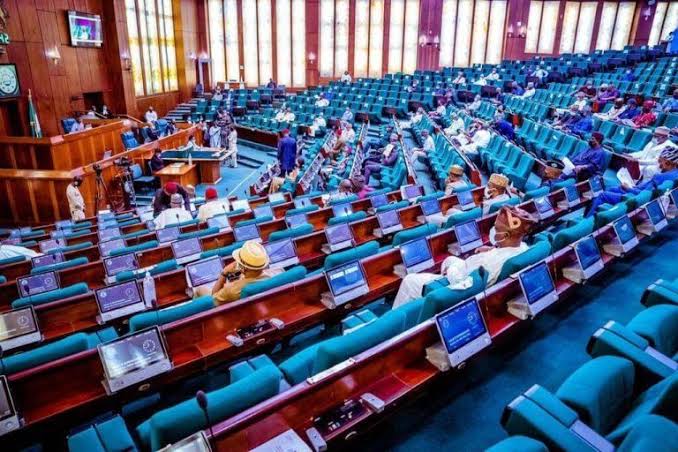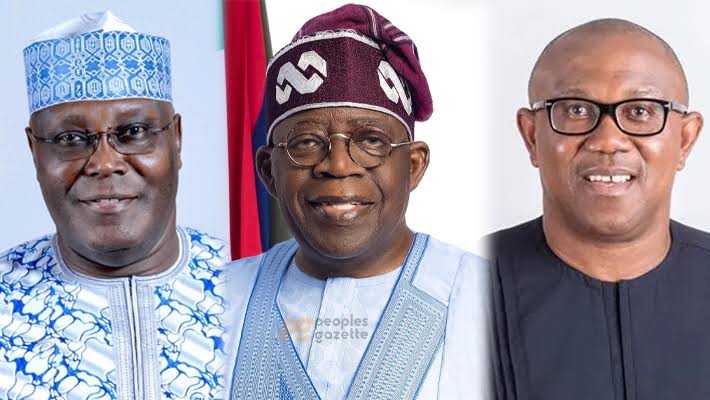Isaac Samuel
The House of Representatives has withdrawn a proposed amendment to the Electoral Act that would have made voting compulsory for all eligible Nigerians and imposed penalties, including possible jail terms, for non-compliance.
The bill, co-sponsored by Speaker of the House, Rt. Hon. Abbas Tajudeen, Ph.D., GCON, and Hon. Daniel Adama Ago, was aimed at tackling voter apathy and boosting participation in Nigeria’s electoral process. But following public backlash and consultations with key stakeholders, the Speaker announced the withdrawal of the bill on Monday.
The bill imposed a maximum of six months imprisonment or a fine of no more than N100,000 for Nigerians of voting age who fail to vote during elections.
In a statement issued by his Special Adviser on Media and Publicity, Musa Abdullahi Krishi, Speaker Abbas said the proposal was introduced with the intention of strengthening democracy through higher voter turnout.
The speaker cited successful examples of compulsory voting in countries like Australia, Belgium, Brazil, Argentina and Singapore.
However, he acknowledged that the bill had raised concerns over individual freedoms and democratic rights.
The statement read: “The Speaker of the House of Representatives, Rt. Hon. Abbas Tajudeen, Ph.D., GCON, wishes to inform the public that, following extensive consultations with a broad spectrum of stakeholders, he has decided to withdraw the Bill to Amend the Electoral Act 2022 to make voting mandatory for all eligible Nigerians, which he co-sponsored with Hon. Daniel Adama Ago.
“From the outset, the Bill was introduced with the best of intentions, which is to bolster civic engagement and strengthen our democracy by encouraging higher voter turnout. Compulsory voting has long been practised with notable success in countries such as Australia, Belgium and Brazil, where it has helped sustain participation rates above 90 per cent, while nations like Argentina and Singapore have also implemented similar measures to foster inclusivity at the ballot box.
“Nevertheless, the Speaker acknowledges that lawmaking is ultimately about the people it serves, and that any reform must respect individual freedoms and public sentiment. Rather than compel participation, he is committed to exploring positive incentives and innovative approaches that will make voting more attractive and accessible to all Nigerians.
The speaker said the withdrawal would allow time for further dialogue on how best to cultivate a culture of voluntary participation that honours both our democratic ideals and the rights of our citizens.





